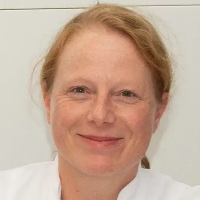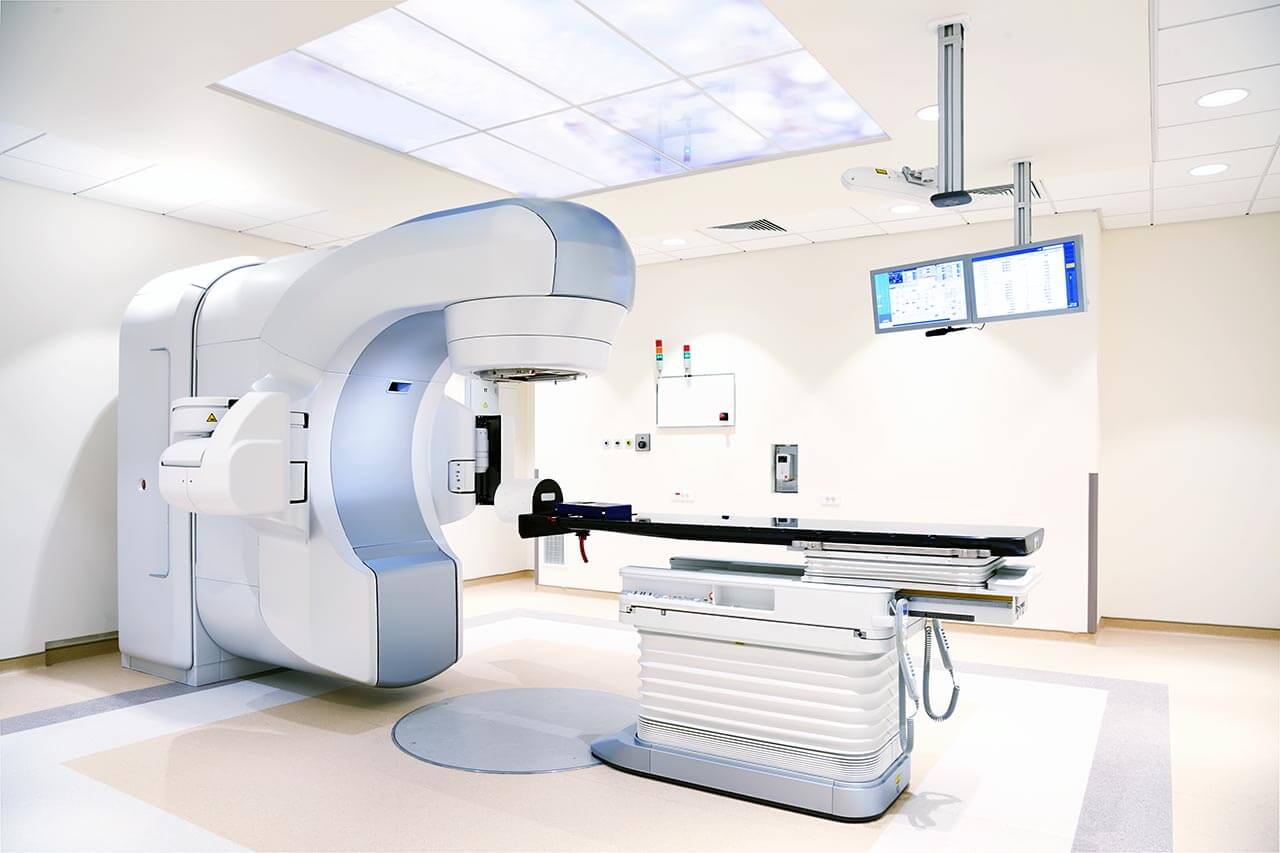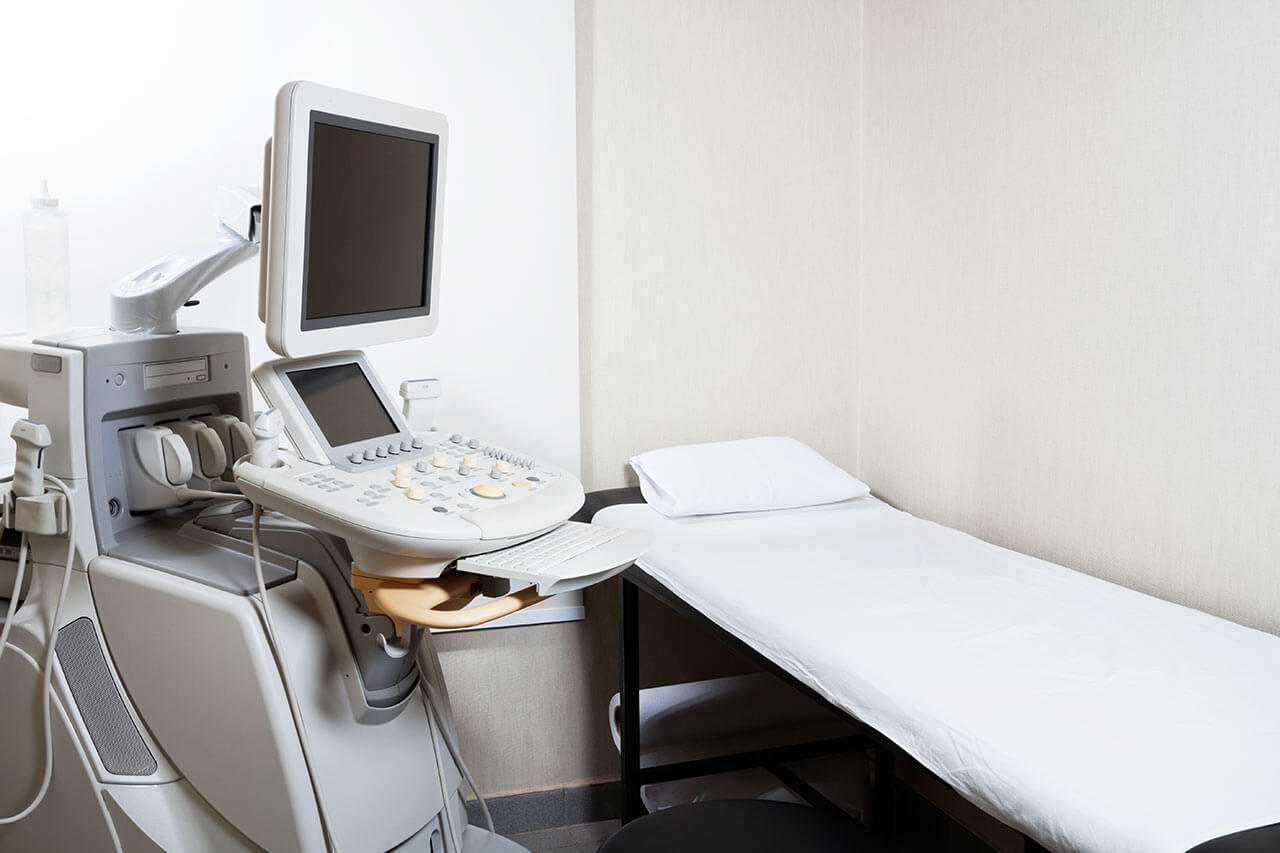
About the Department of Pediatric Neurology and Epileptology at Pediatric Diagnostic Hospital M1 Munich
The Department of Pediatric Neurology and Epileptology at the Pediatric Diagnostic Hospital M1 Munich provides the full range of diagnostic and therapeutic services in the fields of its competence. The department specializes in providing medical care to children with diseases of the brain and spinal cord, as well as neuromuscular pathologies. The doctors at the medical facility have excellent professional skills in treating children with genetically determined diseases of the nervous system, including Down syndrome, neurofibromatosis, and tuberous sclerosis. Doctors have all modern tests for assessing the anatomical structure and functions of the child's nervous system, including electroencephalography, electroneurography, polygraphy, sonography, and recording evoked potentials. With all the diagnostic data available, the department's doctors make an accurate diagnosis and begin treatment. Therapeutic options include drug therapy, botulinum toxin therapy, physiotherapy, occupational therapy, speech therapy, massage, therapeutic exercises, and other methods. Pediatric neurologists are justifiably proud of their success in diagnosing and treating neurological pathologies in children. The specialists also create a comfortable environment for young patients and surround them with care throughout their stay in the department. The Head Physician of the department is Dr. med. Christine Makowski.
Young patients with epilepsy are at the center of the attention of the department's doctors. This disease is chronic and manifested by sudden attacks of convulsions, accompanied by loss of consciousness and movement disorders. The most informative diagnostic methods for suspected epilepsy in a child are electroencephalography and magnetic resonance imaging or computed tomography. At the diagnostic stage, it is also important for the attending physician to obtain detailed data on the frequency and nature of seizures in the child. An integral part of the diagnostic process is a complete blood count to exclude other diseases that provoke seizures. Drug therapy is the key therapy for epilepsy in children. The department's doctors prefer monotherapy, that is, the prescription of only one anticonvulsant drug. As a rule, the treatment lasts for years, and the therapeutic effect is achieved due to the accumulation of the medication in the child's body. Drug therapy is often complemented by a ketogenic diet, the essence of which lies in reducing the amount of carbohydrates in the diet and increasing the amount of fat. The diet contributes to the rarer development of epileptic seizures.
Children with cerebral palsy often seek medical attention at the medical facility. The pathology is a complex of movement disorders that develop due to lesions of the child's nervous system during the process of intrauterine development, childbirth, or in the first few years of life. To confirm the diagnosis, a young patient undergoes comprehensive diagnostics, including a clinical examination, laboratory tests, electroencephalography, and magnetic resonance imaging. When the diagnosis is confirmed, the doctor develops a treatment regimen aimed at maximizing the restoration of motor functions and ensuring the child's independence in everyday life. The treatment involves the use of many non-drug methods, including physiotherapy, therapeutic exercises, massage, occupational therapy, and sessions with a speech therapist and a psychologist. Such methods of alternative medicine as aquatic therapy, acupuncture, hippotherapy, art therapy, and music therapy also yield good results. During the treatment of cerebral palsy, drug therapy is important, which relieves symptoms and improves the child's health condition. Doctors may prescribe muscle relaxants, nootropics, diuretics, vitamin complexes, and other medicines.
The department's doctors successfully diagnose and treat many other neurological pathologies, including multiple sclerosis, Lyme disease, chronic headaches, syncopes, neuromuscular diseases, and genetic syndromes. The specialists always thoroughly plan the diagnostic process, prescribing only necessary examinations for the child, and make every effort so that the young patient does not experience any fears or discomfort in the diagnostic rooms. As for the treatment, pediatric neurologists believe that each clinical case is special and requires an individual approach. Only high-quality modern drugs and therapeutic procedures with proven efficacy and safety are used in clinical practice.
The department specializes in the diagnostics and treatment of the following neurological disorders:
- Epilepsy
- Neurometabolic, neurodegenerative, and inflammatory diseases of the central nervous system: multiple sclerosis, Lyme disease, and other pathologies
- Dizziness and fainting
- Chronic headache
- Neuromuscular diseases
- Cerebral palsy
- Cognitive and physical developmental delay
- Congenital malformations of the brain and spinal cord: spina bifida, hydrocephalus, and others
- Nervous system pathologies caused by genetic syndromes: Down syndrome, neurofibromatosis, and tuberous sclerosis
- Consequences of traumatic brain injuries and spinal cord injuries
- Nervous system pathologies caused by diseases of the cardiovascular system, gastrointestinal organs, and lungs, and diabetes mellitus
- Other diseases of the central and peripheral nervous system
The department provides the following diagnostic and therapeutic services:
- Diagnostics
- Neurological tests to assess a child's development
- Electroencephalography
- Video-EEG monitoring
- Electroneurography
- Recording evoked potentials (acoustic, visual, and somatosensory)
- Polygraphy
- Sonography
- Treatment
- Drug therapy
- Botulinum toxin therapy
- Physiotherapy
- Ergotherapy
- Speech therapy
- Massage
- Therapeutic exercises
- Other medical services
Curriculum vitae
Higher Education and Professional Career
- 1986 - 1993 Human Medicine studies at the Luebeck Medical University and the Free University of Berlin (practice year at the Moabit Clinic, Berlin; University of London, Great Britain, Tulane University, New Orleans, USA).
- 1994 Thesis defense, Institute of the History of Medicine at the University Hospital Charite Berlin. Subject: "Eugenics, sterilization policy and population policy in the national socialist party press".
- 1994 - 1995 Intern, Department of Pediatrics, University Hospital Charite Berlin.
- 1995 - 2001 Assistant Physician, Children's Hospital Lindenhof Berlin.
- 2001 - 2006 Assistant Physician, Department of Neuropediatrics, St. Joseph Children’s Hospital Tempelhof Berlin.
- 2006 - 2008 Senior Physician, Department of Neuropediatrics and Epileptology, Epilepsy Center Berlin-Brandenburg.
- Since 2008 Head of 24ab Station (Neuropathy and Diabetology), Department of Pediatrics, Schwabing Hospital Munich.
Clinical Interests
- Neuropediatrics.
- Epileptology.
- Neurometabolic disorders.
- Mitochondrial diseases.
Memberships in Professional Societies
- German Society of Neuropediatrics.
- German Society of Clinical Neurophysiology.
- German Society of Epileptology.
- German Society of Pediatrics and Adolescent Medicine (DGKJ).
- Bavarian State Medical Association (BLÄK).
- Munich Medical Association (ÄKBV).
Photo of the doctor: (c) München Klinik Schwabing




